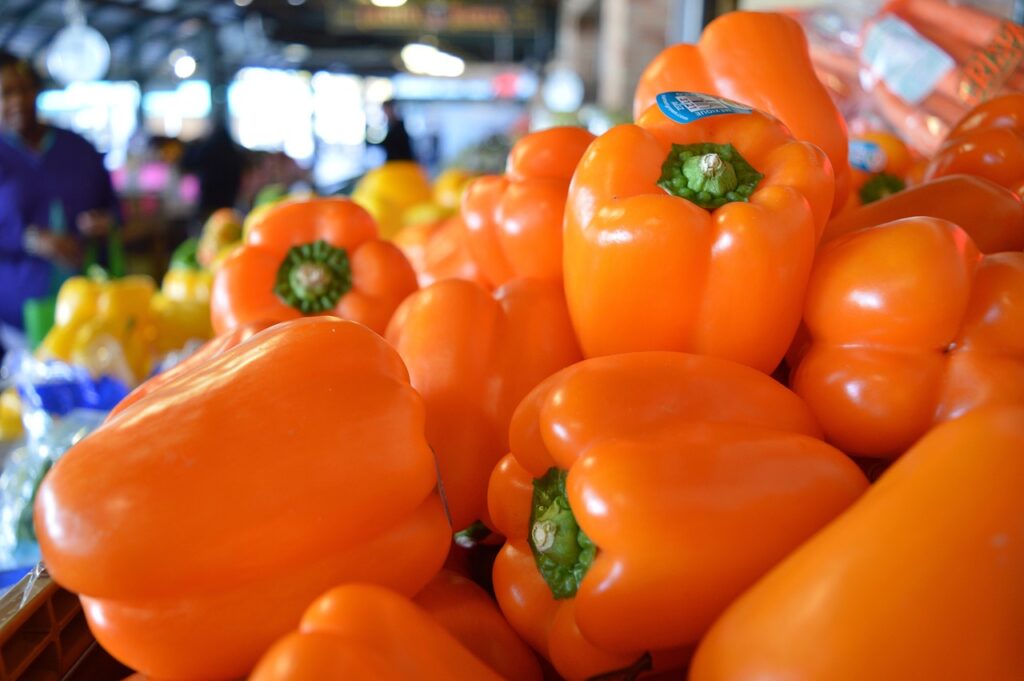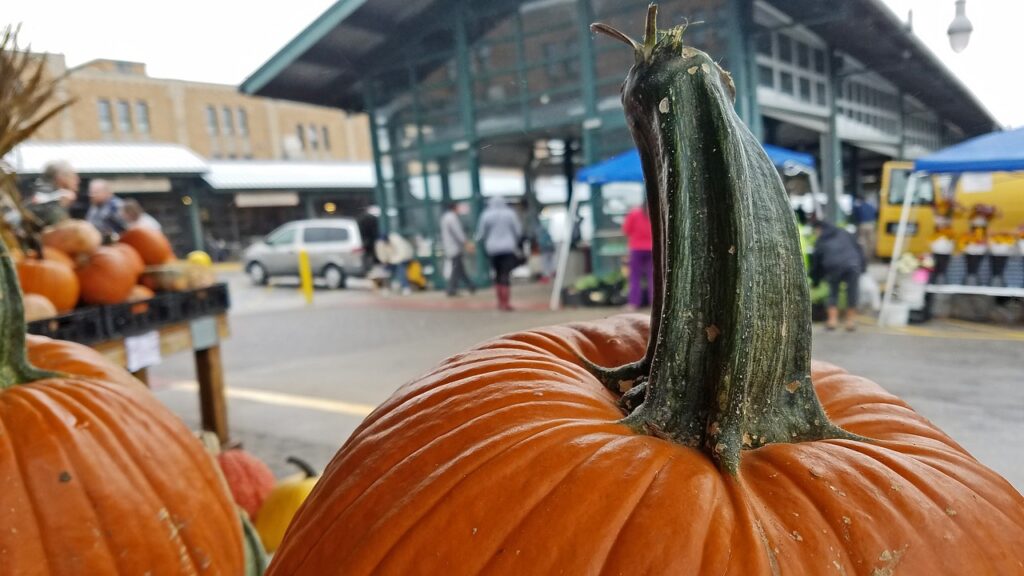
Urban farming, the practice of cultivating, processing and distributing food in or around a village, town or city, provides many benefits for the community such as access to fresh, healthy food, improved air quality, reduced urban heat island effect, community building, education and youth engagement, economic development and environmental sustainability.
Urban farming is the practice of cultivating, processing, and distributing food in or around a village, town, or city. It is a form of agriculture that takes place in urban areas, and it can take many forms, such as community gardens, rooftop gardens, and vertical farms. Urban farming not only produces fresh, healthy food for the community, but it also has many other benefits for the community. This article will explore the many benefits of urban farming for the community.
Access to fresh, healthy food
One of the most obvious benefits of urban farming is that it provides access to fresh, healthy food for the community. Urban areas often have food deserts, which are areas where it is difficult to buy affordable or good-quality fresh food. Urban farming can help to address this problem by providing fresh fruits and vegetables for the community. This can be especially important for low-income families who may not be able to afford to buy fresh produce at a grocery store.
Improved air quality
Urban farming can also help to improve the air quality in the community. Plants absorb carbon dioxide and other pollutants from the air and release oxygen. This can help to reduce the amount of pollutants in the air, which can have a positive impact on the health of the community.
“Agriculture is not a hobby or an occupation it is a way of life”
Jimmy Carter
Reduced urban heat island effect
Urban farming can also help to reduce the urban heat island effect. Urban areas tend to be warmer than rural areas because of the amount of concrete and asphalt. Plants can help to cool the air by releasing water vapor and shading the ground. This can help to reduce the amount of heat absorbed by the city, which can make the community more comfortable during hot weather.
Community building
Urban farming can also help to build community spirit. Community gardens and other urban farming projects provide a space for people to come together and work on a common goal. This can help to build relationships and create a sense of community among residents.

Education and youth engagement
Urban farming can also be a valuable tool for education and youth engagement. Many urban farming projects involve educational programs for children and adults, teaching them about where their food comes from, how to grow it, and how to prepare it. This can help to improve the community’s understanding of food and nutrition, and can inspire the next generation to become more involved in agriculture. Additionally, urban farming can provide opportunities for youth to learn valuable skills such as teamwork, responsibility, and leadership.
“Urban agriculture is the future of food production. It creates jobs, saves energy, preserves open space, and provides nutritious food, all while revitalizing our cities.”
Mark Bittman
Economic development
Urban farming can also contribute to economic development in the community. Urban farming projects can create jobs and provide small business opportunities for local residents. Additionally, urban farming can increase the demand for local products, supporting local farmers and food producers.
Environmental sustainability
Urban farming can also contribute to environmental sustainability in the community. Urban farming projects can reduce the amount of land needed for food production, as well as the resources required to transport food to the city. Additionally, many urban farming projects use sustainable practices such as composting and rainwater harvesting, which can help to conserve resources and reduce pollution.
Conclusion
Urban farming has many benefits for the community, including providing access to fresh, healthy food, improving air quality, reducing the urban heat island effect, building community spirit, providing educational opportunities, contributing to economic development, and promoting environmental sustainability. These benefits demonstrate that urban farming is a valuable tool for improving the lives of urban residents, and it is an important aspect of sustainable urban development.
UrbanFarming
CommunityGardening
FoodDeserts
AirQuality
UrbanHeatIsland
CommunityBuilding
Education
YouthEngagement
EconomicDevelopment
EnvironmentalSustainability


